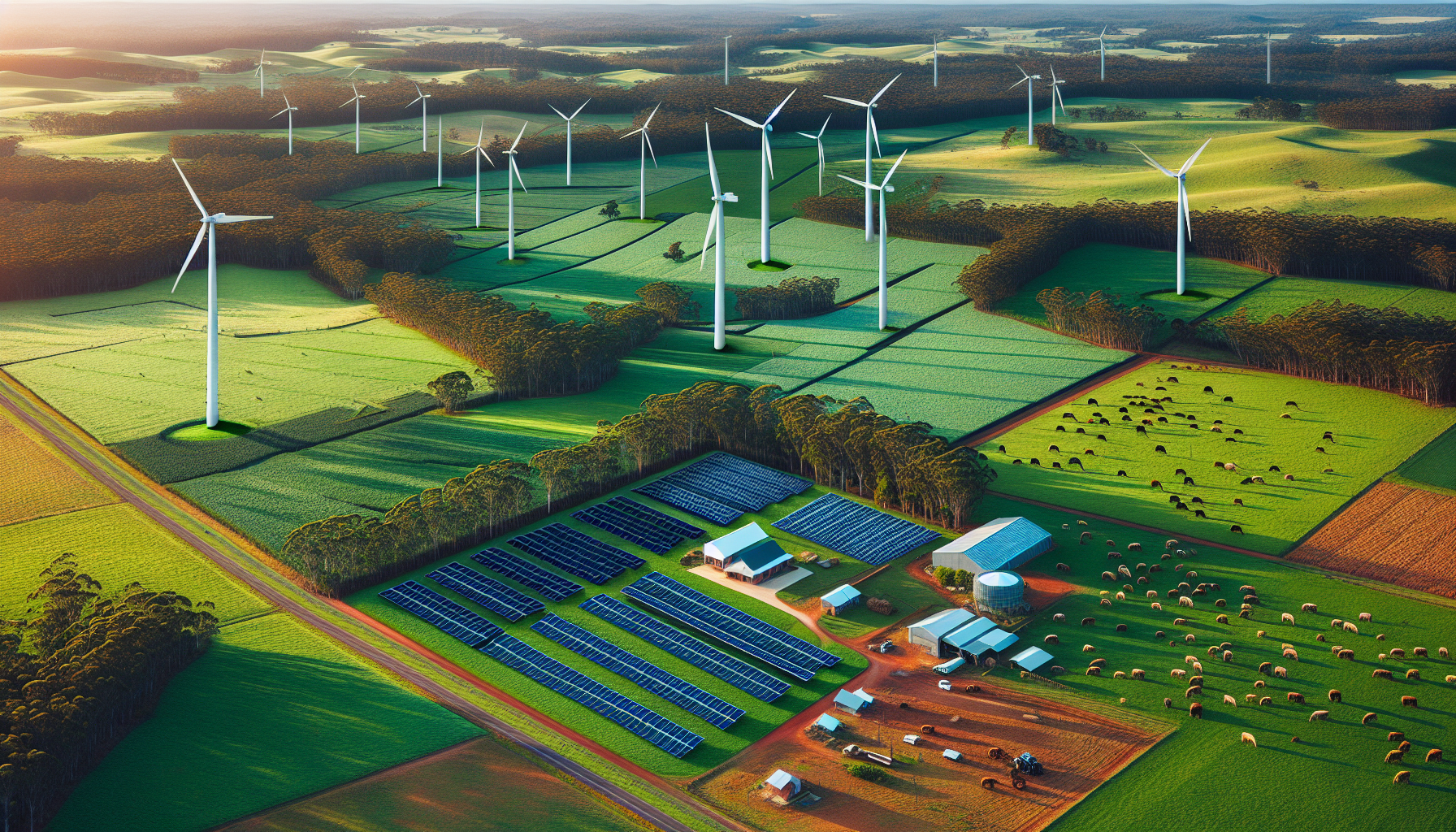In recent years, sustainable farming practices have emerged as a crucial element in fostering ecological balance and ensuring a greener future for agriculture. These practices are designed not only to increase food production but also to maintain healthy ecosystems, conserve resources, and minimize the environmental impact of farming activities. Embracing these methods has become essential in addressing the pressing challenges of climate change, biodiversity loss, and resource depletion.
One fundamental aspect of sustainable farming is the integration of renewable energy sources. Farmers around the world are increasingly harnessing solar, wind, and bioenergy to power their operations, thereby reducing their reliance on fossil fuels and diminishing their carbon footprint. Solar panels installed on farmland not only generate clean energy but also provide shade for certain crops or livestock, enhancing productivity and animal welfare. Wind turbines, on the other hand, can be strategically placed to ensure minimal interference with agricultural activities while contributing significantly to renewable energy generation.
Another cornerstone of sustainable agriculture is the promotion of soil health. Healthy soil is the foundation of productive farming, supporting plant growth, water retention, and carbon sequestration. Practices such as crop rotation, cover cropping, and reduced tillage improve soil structure and fertility, enhancing the long-term resilience of agricultural land. Cover crops, for instance, act as a natural fertilizer, enriching the soil with nutrients and organic matter. They also prevent erosion and suppress weeds, reducing the need for chemical herbicides.
Water management is equally vital in sustainable farming. Innovative irrigation systems, such as drip or precision irrigation, optimize water use by delivering moisture directly to the plant roots, thereby minimizing water waste. Additionally, water harvesting techniques, like collecting rainwater, help farmers preserve this precious resource. By capturing and storing rainwater, farmers can reduce their dependence on groundwater and ensure a steady supply during dry spells, thus promoting resilience against climate variability.
Biodiversity also plays a crucial role in sustainable agriculture. By fostering a diverse range of plant and animal species, farmers can create ecosystems that are more resilient to pests, diseases, and climate fluctuations. Agroforestry, the practice of integrating trees and shrubs into agricultural landscapes, enhances biodiversity and provides numerous benefits. Trees can act as windbreaks, reducing soil erosion, and improve water quality by acting as natural filters. Furthermore, they provide habitats for beneficial insects and birds, which in turn help in pest control.
Practices like integrated pest management (IPM) contribute to sustainable farming by minimizing the reliance on chemical pesticides. IPM involves monitoring pest populations, using biological control agents, and applying chemical treatments only when necessary, thus reducing chemical residue in food products and preserving beneficial insect populations.
Finally, community engagement and education are indispensable components of sustainable agriculture. By collaborating with local communities and sharing knowledge about sustainable practices, farmers can promote the adoption of eco-friendly techniques on a broader scale. Educational programs and workshops raise awareness about the importance of sustainability in agriculture, encouraging both consumers and producers to make informed choices that benefit the environment.
In conclusion, sustainable farming practices represent a holistic approach to agriculture, balancing the need for food production with environmental stewardship. By incorporating renewable energy, enhancing soil and water management, promoting biodiversity, and engaging with communities, farmers can contribute to a resilient and environmentally friendly agricultural future. These practices not only reduce the ecological footprint of farming but also ensure the viability of agricultural systems for generations to come. As the global population continues to grow and environmental challenges intensify, sustainable agriculture must remain at the forefront of efforts to secure a sustainable, food-secure future.
